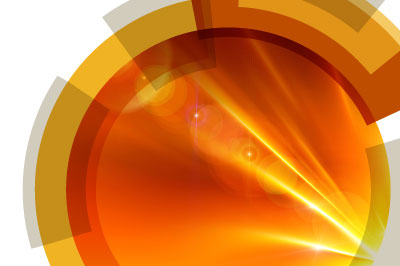This course explores the complexities that arise when chemical reactions are scaled from laboratory settings to industrial production. While reactions may perform well on a small scale, the transition to larger volumes often introduces unforeseen difficulties.
Factors such as heat transfer, mass transfer, mixing, and reaction kinetics can behave very differently at larger scales, leading to reduced yields, lower efficiencies, and potential safety hazards. Understanding these challenges is crucial for process chemists, chemical engineers and discovery scientists aiming to design efficient, safe, and economically viable chemical processes.
In this course, we will delve into the reasons why scaling chemical reactions can be so challenging and explore strategies to overcome these obstacles.
The course will be in two sections held over two consecutive days as follow:
Tuesday, March 25th | 5.00pm – 8.00pm GMT
Wednesday, March 26th | 5.00pm – 8.00pm GMT
Factors such as heat transfer, mass transfer, mixing, and reaction kinetics can behave very differently at larger scales, leading to reduced yields, lower efficiencies, and potential safety hazards. Understanding these challenges is crucial for process chemists, chemical engineers and discovery scientists aiming to design efficient, safe, and economically viable chemical processes.
In this course, we will delve into the reasons why scaling chemical reactions can be so challenging and explore strategies to overcome these obstacles.
The course will be in two sections held over two consecutive days as follow:
Tuesday, March 25th | 5.00pm – 8.00pm GMT
Wednesday, March 26th | 5.00pm – 8.00pm GMT









